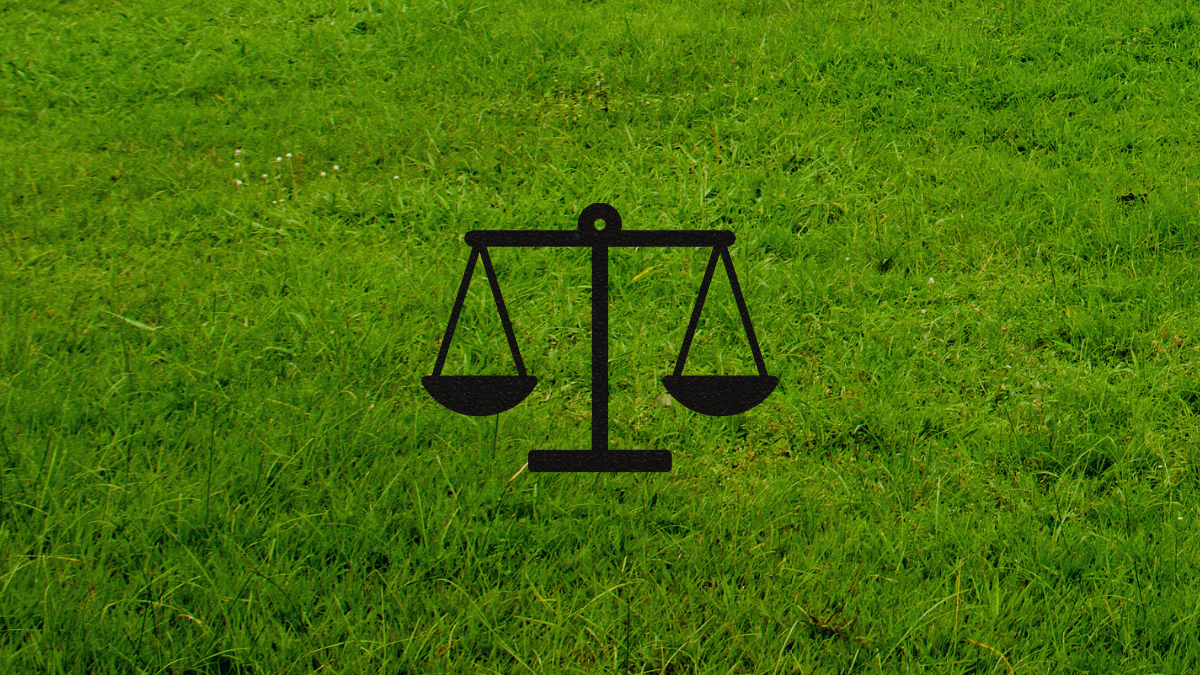Source: Fox 8
Soon in Greensboro, Bingham Park will be going under remediation to restore the park and make it safe for kids and families to use again.
For years, this city park has been unsafe, because of the many sinking holes that have been popping up.
In 2010, the park’s sinking basketball court raised concerns among residents and the Greensboro Parks and Recreation Department. This pushed the City to look into the history of the land and start testing the soil.
Through this investigation, they found that Bingham Park was once a landfill and an incinerator. The landfill operated there from the 1920s to 1950s. It would be about 20 years later that the 13-acre landfill would become a city park.
Because this landfill was created before 1983, it did not have a lining. This means that toxic waste from the landfill directly seeped into the groundwater and the soil of the land.
Once the City learned about this, they placed signs all around the park warning visitors to not disturb the soil and avoid drinking or wading in the creek.
Unfortunately, Bingham Park is not the only city park that is sitting on top of a landfill. There are 681 such landfill sites that exist in North Carolina.
In 2007, the North Carolina legislature enacted a law that places a tax on waste going into landfills. The money generated from this tax is now used to assess and remediate unlined municipal landfills that were built before 1983.
Click here to see the pre-regulatory landfill map on the North Carolina Environmental Quality website.
You will notice on the map that the majority of these pre-regulatory landfills were placed in and near historically Black neighborhoods. This is no coincidence. This is a result of environmental injustice.
At least the state and municipalities like Greensboro are trying to right the wrongs from its past; but will that be enough?
In the middle of March 2024, Greensboro city officials shared they have a plan to move the debris and clean the water of Bingham Park and the surrounding areas. Overall, the project will cost between $24 million to $35 million.
Right now, there is no starting date for the remediation of Bingham Park.
At this point the residents of Eastside Park, Willow Oaks, and Cottage Grove, who all live in close proximity to Bingham Park, are ready for this park to be restored, so their families can safely use it.
To learn more about the Bingham Park Remediation Project, be sure to visit the city’s website.





